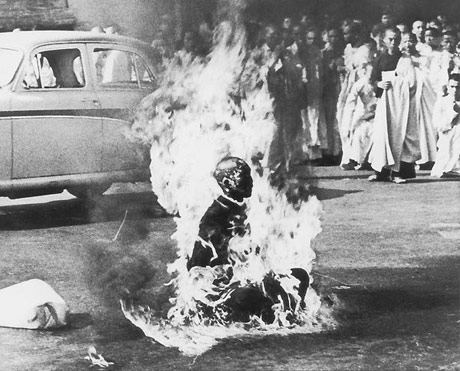Nomology, a decision science system for explaining qualitative structures is shown to
have three dimensions: adjusting, convincing and committing. Examples of the
system include Maslow’s hierarchy of needs, Jung’s thinking types, the Systems
Development Life Cycle, and the Oriental systems approach WSR. The convincing
and committing systems combine into one system of developing, which is shown to be
associated with autopoiesis and to have the energy of negative-entropy. Two cases of
adjusting are shown to be linked: (1) body, mind, soul and spirit, and (2) direction,
mission, vision and synergy. The adjusting and developing systems combine into a
system of change management, examples of which include the Twelve Step
programme of Alcoholics Anonymous and from Information Systems development.
NOMOLOGY: A CONTEXT FOR EXAMINING SYSTEMS
Nomology, the science of the laws of the mind (Hamilton, 1877, pp. 122- 8 ) is a
meta-model





